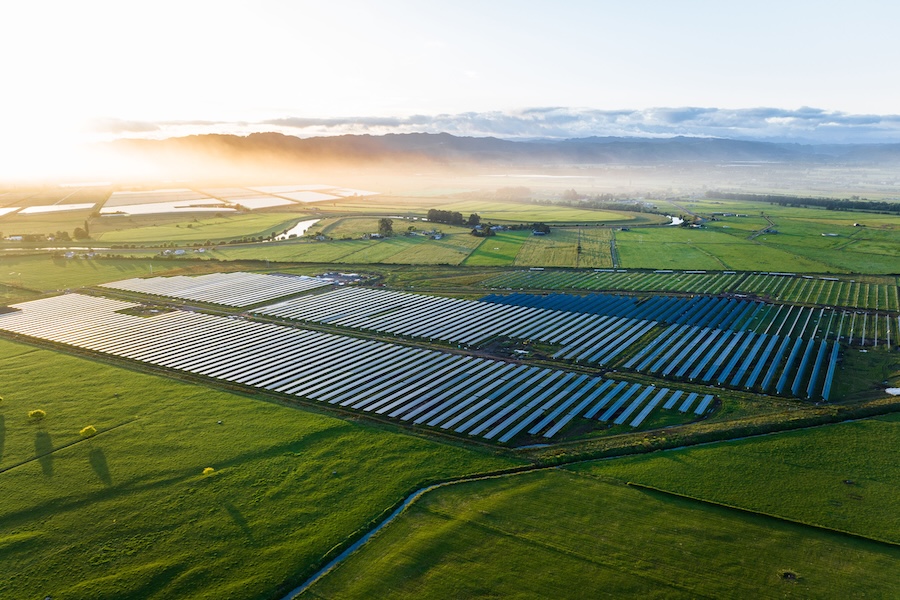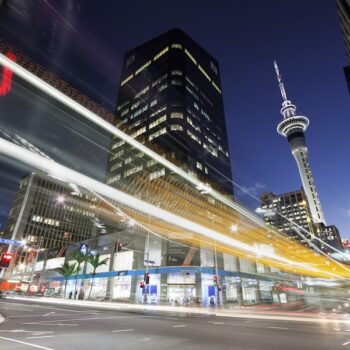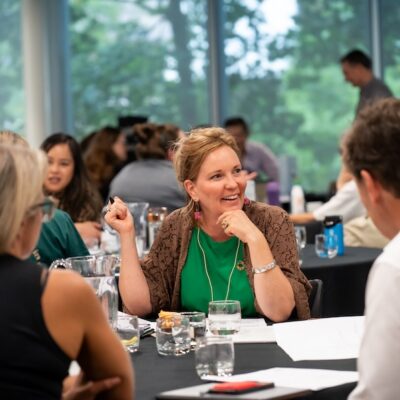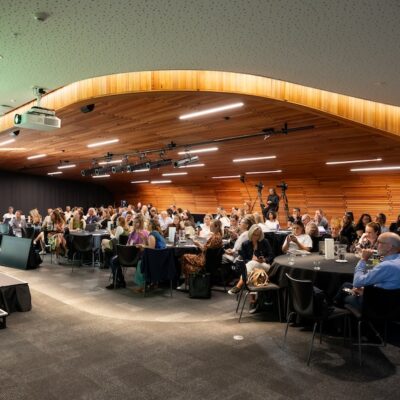Sustainable innovation: Five expert tips
Pictured above: Lodestone Energy solar panels.
Sustainable innovation is emerging as a growth area in business, as entrepreneurs look for new ways to address environmental and social challenges while creating value.
Five experts share what changes they’re witnessing in sustainable innovation, as well as their top tips for New Zealand entrepreneurs. Each of the experts is speaking at Next Fest, the festival of sustainable innovation taking place in Auckland from 18-21 November.
Five themes emerged:
-
AI is transforming how we create, consume and conserve

Artificial intelligence is no longer a future technology. It’s a present force reshaping and enabling sustainable innovation.
“AI is moving from what used to be experimentation to now making real meaningful change,” says Isuru Fernando, New Zealand Digital Innovation Lead at Microsoft Azure.
“It’s becoming embedded in every layer of business. From predicting material recovery rates to optimising renewable energy grids and monitoring biodiversity, AI is becoming a powerful ally in regenerating both our economy and our environment.”
His message for innovators is to combine human values with the power of AI.
“Build an innovation habit where you think circular, think people and think purpose,” he says.
“Where I’ve seen tremendous success is when businesses pair their best human thinkers with AI tools to experiment, measure impact and learn fast.”
-
The energy revolution is underway
For Sarah McHardy, General Manager, Customer at Lodestone Energy, one of the most significant transformations is happening in our electricity market.
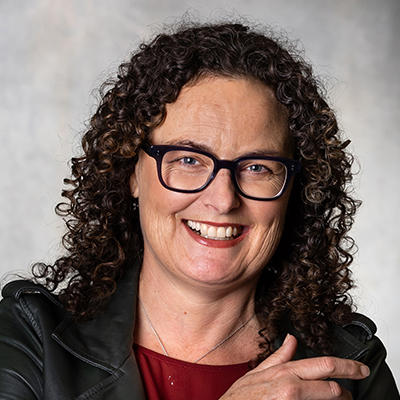
“The New Zealand electricity system is undergoing a significant transformation – driven by decarbonisation targets, growing demand from electrification and diminishing gas supply,” she says. “Businesses are finding it difficult as the volatility in wholesale electricity prices and increasing network costs are driving up energy bills.”
To stay ahead, Sarah says businesses need to embrace more distributed, customer-driven energy models. “Innovation in products means that customers can have more control, certainty and transparency over their energy supply,” she says.
“Look for energy retailers that provide innovative products that give you longer-term price certainty, transparency over your energy usage and a strategy that aligns with your sustainability goals. Don’t be afraid to try something different!”
-
Rethinking how we feed the world
The global food system is under huge pressure to produce 70% more food by 2050, without depleting planetary resources.
“Traditional animal agriculture can’t scale to meet that demand or our sustainability targets,” says Irina Miller, Co-founder of Daisy Lab. “Precision fermentation and other biotech solutions are being developed in order to meet this growing demand, while reducing strain on planetary resources.”
Irina says the key to growth is being really clear about the problem you’re trying to solve and letting that guide your decisions. “For us at Daisy Lab, it’s about driving a shift in how New Zealand produces dairy. That end goal allows us to ensure there is both a strong product-market fit as well as bringing real change to our customers.”
-
Circular thinking goes mainstream
Ken Webster, Visiting Professor at Cranfield University and Fellow at the Cambridge Institute for Sustainability Leadership, points to three global forces that are reshaping sustainable business: “The digital product passport, extended producer liability and pricing that reflects real social and environmental costs. Together, these will drive a new era of circular business models,” he says.
Ken encourages New Zealand innovators to look for opportunity in systems thinking and collaboration. “An ecosystemic perspective, where collaboration is paramount, could add value with what we have and circulate locally,” he says. “Examples like agrivoltaics or 3D ocean farming show how related businesses can thrive together.”
-
Innovation needs ambition, confidence and community
Debra Hall, independent director, mentor and angel investor, can’t see anything that isn’t changing, and changing fast. “We are in a revolution – not just in technology, but in values, beliefs and social structures,” she says.
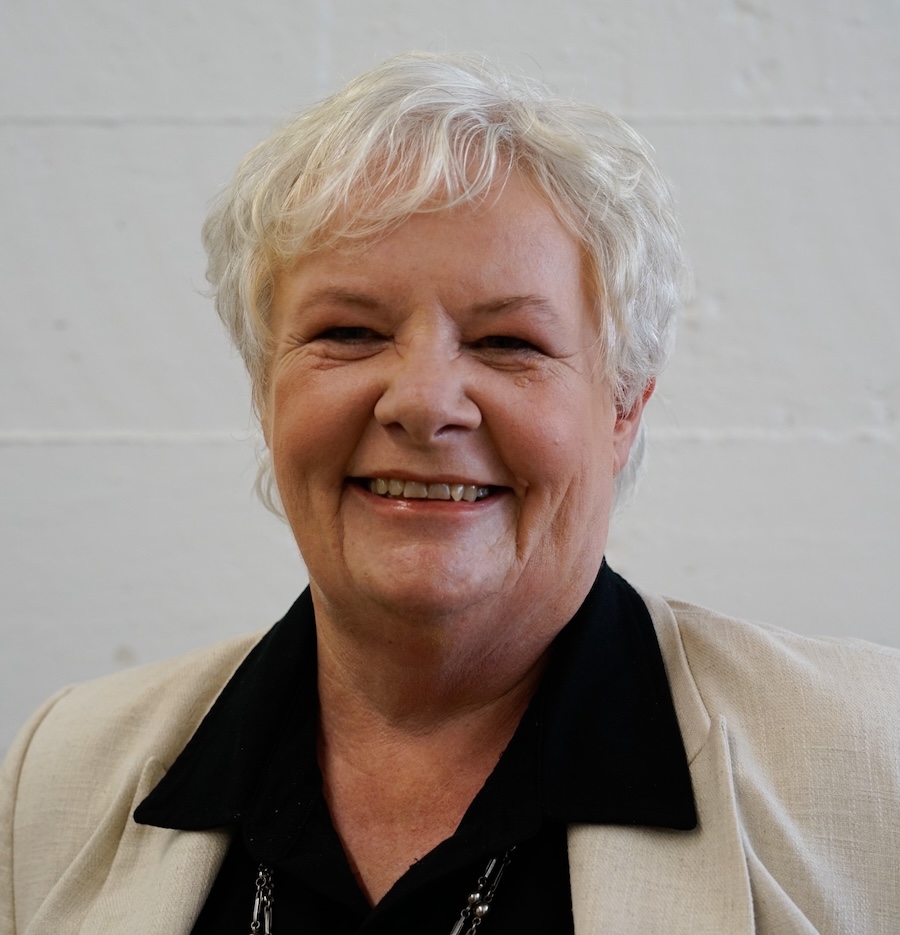
“There is a fundamental shift going on in the way nations deal with each other, not just in terms of international trade, but more generally. I worry that as nationalism rises, people look inward and lose sight of the common humanity that we have with people everywhere. This matters to businesses because business growth always relies on expanding into new markets. When you live on an island with a tiny population, growth inevitably relies on international trade.
In order to grow a great business, she believes you need three things:
- Ambition: “Set a seemingly impossible goal – it doesn’t have to be financial, but make it big and make a plan to get there. Ambition is what enables innovation to change the world – without it, innovation is just a nice idea.”
- Confidence: “Confidence is about believing in yourself, not only to do the doing of growing your business, but perhaps more importantly it enables you to find the help and support you need when you’re in unknown territory. Being confident enough to ask for help is a huge step towards business growth.”
- Support: “No one succeeds alone. To grow a business, you need to surround yourself with the right people, who both support and believe in you. Find them, lean on them and then just do it.”
Learn more about sustainable innovation from these and other expert speakers at Next Fest, 18-21 November 2025 in Auckland.

